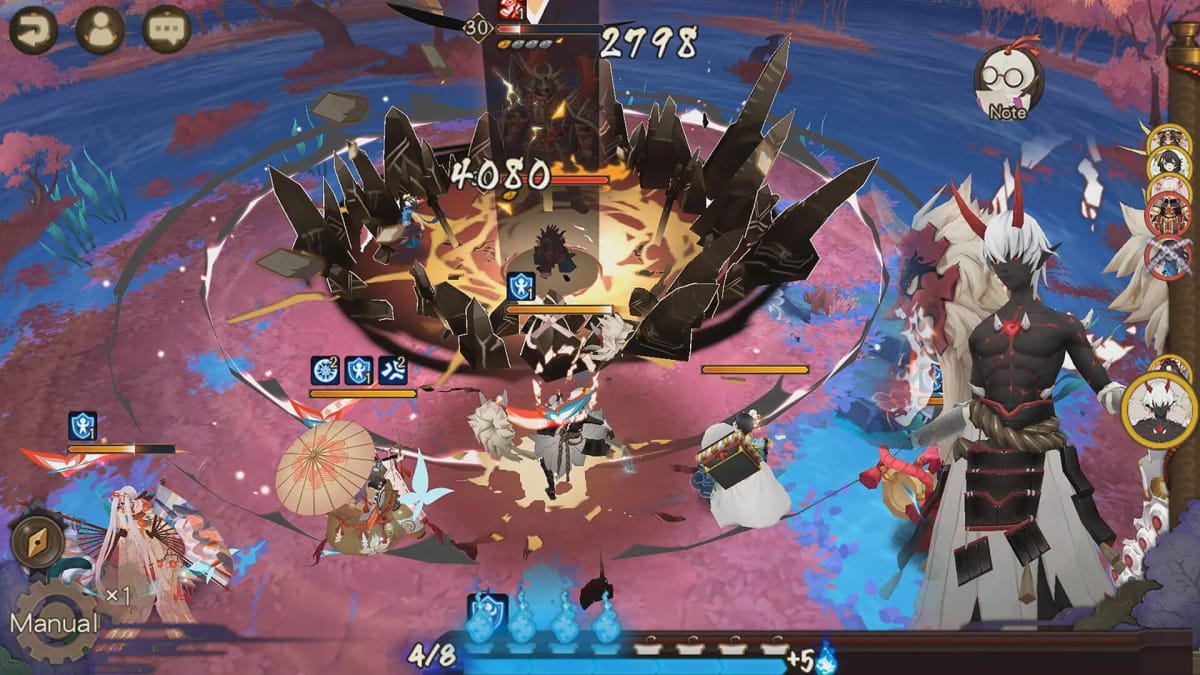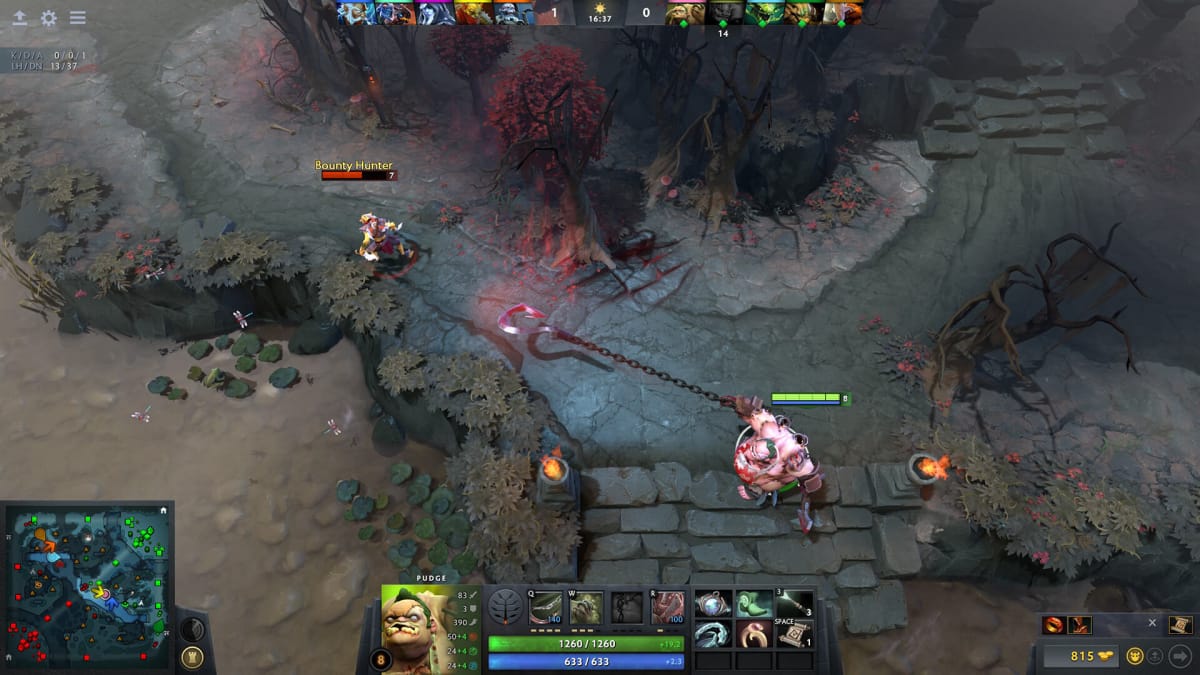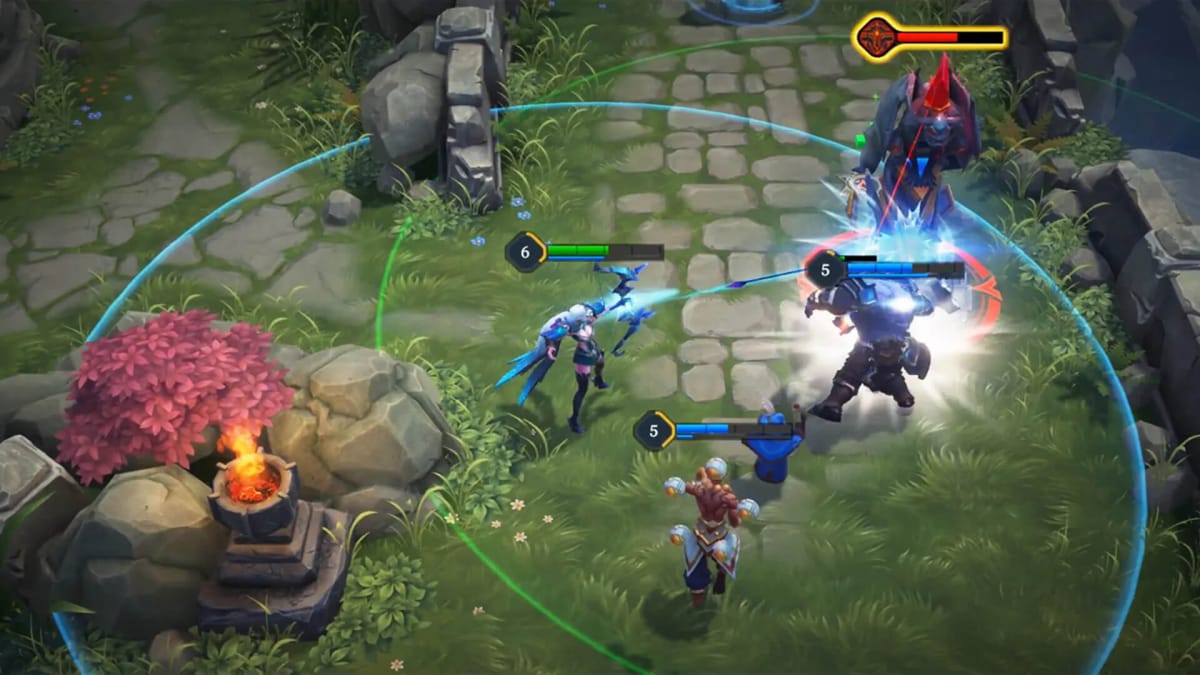A new report suggests that restrictive Chinese gaming regulations are having a serious impact on young gamers. According to the report, the number of young gamers in China has dropped by almost 40 million across two years, and many gamers play for fewer hours each week since the restrictions were brought in.
How have Chinese gaming regulations affected young gamers?
According to a new report by analytical firm Niko Partners, a major crackdown on the Chinese gaming industry by Beijing last year has had a measurable effect on young Chinese gamers. The report identifies 122 million "youth gamers" (defined as gamers between 6 and 17 years old who play more than 60 minutes of games a month) in 2020 and just 83 million in 2022, which is a drop of almost 40 million. This is, according to Niko Partners' Daniel Ahmad, just 40% of the overall youth population of China, so that's a pretty significant dip.

As well as the drop in numbers, Niko Partners also reports that 77% of young gamers in China are playing fewer hours than before the regulations were brought in. 54% of young gamers play only during approved gaming hours, which are pretty restrictive: between 8 pm and 9 pm on Fridays, Saturdays, and Sundays, with one hour allowed on national holidays. In total, 76% of youth gamers lowered their gaming hours after regulations were brought in and restricted their playtime to approved hours, with 71% of young gamers only playing for 3 hours per week or less.
Young gamers' attitudes towards games seem rather ambiguous in China, too. After Beijing described gaming as "spiritual opium", it seems more than half of young gamers are inclined to at least somewhat agree with the Chinese government. The Niko Partners report states that 52% of young Chinese gamers think there ought to be restrictions on how much time young people spend gaming and how much they're allowed to spend on it. However, 76% of young gamers believe that video games have a positive influence on people, so it's not all doom and gloom. Evidently, some gamers are breaking the rules, too; 29% of young gamers play over three hours per week, which they aren't technically supposed to do, and a whopping 82% of gamers' parents allow them to use adult IDs to play games. Daniel Ahmad says that although the crackdown was intended to close loopholes, this is unlikely to happen.
What does the future hold for the Chinese gaming industry?
Ahmad and Niko Partners forecast that the number of young Chinese gamers will return to near-peak levels in 2026, predicting that 56% of young people in China will be playing games by then. However, the report does say that the esports pipeline will "be negatively impacted", even though games with esports potential are the most popular games among young gamers. Esports is an incredibly important prospect in China; the country has more esports fans than the US has people, which should go some way towards demonstrating just how big esports is in China.

The Chinese gaming industry is pretty huge, especially on mobile and PC. The world's first mobile game to cross $10 billion is Chinese developer Tencent's Honor of Kings, which was released in the West (with a few changes) as Arena of Valor. Beijing also recently began approving games for domestic release again after a nine-month freeze, although it's notable that huge companies Tencent and NetEase still aren't being included in those approvals. It's worth remembering that the Chinese gaming regulations to which Ahmad and Niko Partners are referring are only intended to curb gaming among younger gamers, although Beijing is still clamping down on content it deems objectionable in games for all ages, too. Whether or not the regulations continue to have a deleterious impact on youth gamer numbers in China remains to be seen. Watch this space for more info.







